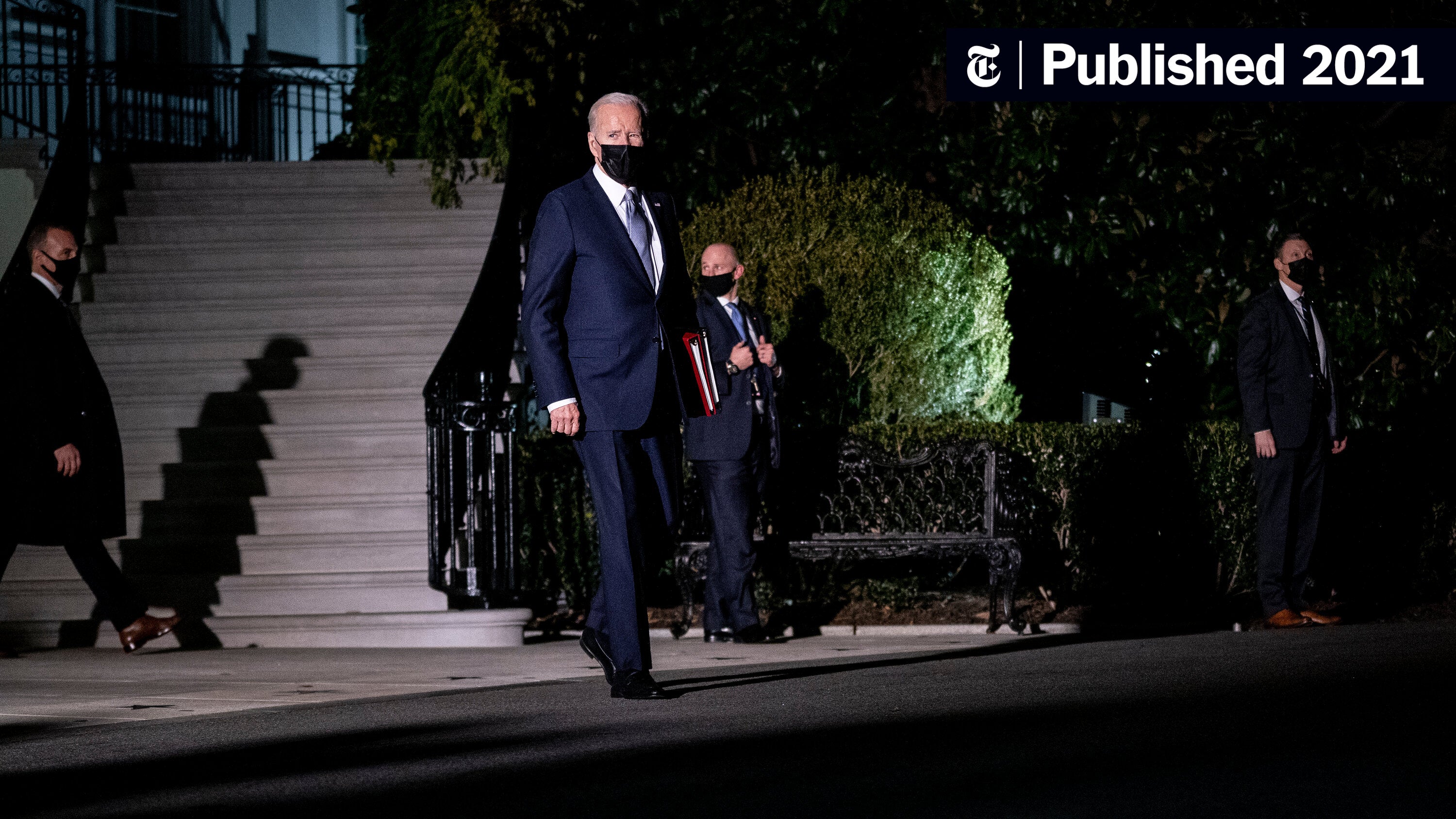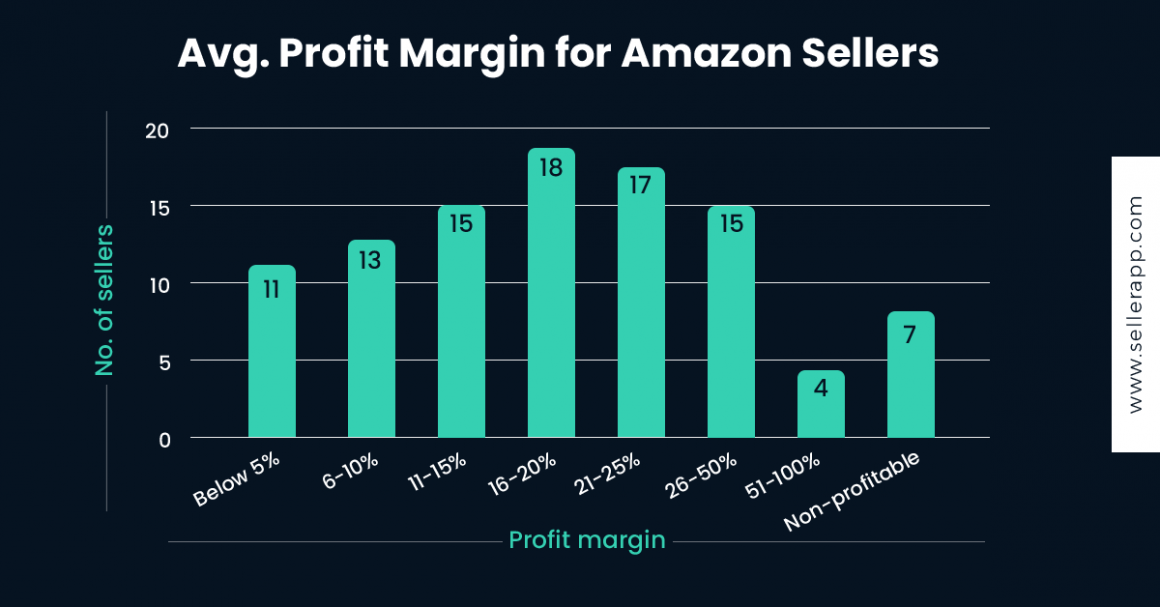Today I'm Not OK: The Impact Of Forced Military Discharge On A Veteran

Table of Contents
The Psychological Toll of Forced Military Discharge
The psychological impact of a forced military discharge is often severe and far-reaching. Many veterans find themselves struggling with a range of mental health issues, significantly impacting their ability to reintegrate into civilian life.
Increased Risk of PTSD and Depression
Veterans facing unexpected discharge experience a heightened risk of developing Post-Traumatic Stress Disorder (PTSD) and depression. The abrupt end to their military career, coupled with potential feelings of betrayal or injustice, can trigger or exacerbate pre-existing mental health conditions.
- PTSD Symptoms: Nightmares, flashbacks, hypervigilance, avoidance of reminders, emotional numbness.
- Depression Symptoms: Persistent sadness, loss of interest in activities, fatigue, feelings of worthlessness, suicidal thoughts.
- Statistics show that veterans discharged under less-than-honorable conditions have significantly higher rates of suicide attempts and substance abuse compared to those honorably discharged. Reliable data from the Department of Veterans Affairs (VA) consistently highlights this alarming trend.
Loss of Identity and Purpose
Military service often defines a significant part of a person's identity. For many veterans, the military provides structure, purpose, and a strong sense of belonging. A forced military discharge can lead to a profound sense of loss and an identity crisis, leaving veterans struggling to find their place in the civilian world.
- Military identity often encompasses camaraderie, shared experiences, and a clear sense of mission. This loss is particularly difficult to overcome after an involuntary separation.
- Difficulties in transitioning to civilian life after a forced discharge include finding suitable employment, navigating social situations, and adapting to a different lifestyle. Many struggle to translate their military skills and experience into civilian jobs.
Social Isolation and Relationship Strain
The stress and challenges associated with a forced military discharge can significantly impact social connections and relationships. Veterans may feel isolated, misunderstood, and struggle to reconnect with civilian friends and family who may not understand their experiences.
- Veterans often face difficulty explaining the circumstances of their discharge to their loved ones, leading to strained relationships and feelings of shame or guilt.
- The disruption to established support networks and the potential for relocation can further exacerbate feelings of isolation and loneliness. The strong support systems built within the military are often difficult to replicate in civilian life.
The Financial and Economic Repercussions of Forced Military Discharge
Beyond the psychological impact, forced military discharge carries significant financial and economic consequences, further compounding the challenges faced by veterans.
Loss of Income and Benefits
The immediate loss of military salary is a major financial blow for many veterans. This loss of income is often accompanied by the termination of crucial benefits, including healthcare coverage, housing assistance, and access to educational opportunities.
- Many veterans struggle to find comparable employment in the civilian sector, facing unemployment and financial instability.
- Veterans may be eligible for certain forms of financial assistance through programs like unemployment benefits, but navigating these complex systems can be a significant challenge.
Difficulty Accessing Healthcare
Accessing adequate and affordable healthcare is a persistent challenge for many veterans, particularly those with mental and physical health conditions exacerbated by their discharge. The complexities of the VA healthcare system can be daunting and further delay access to necessary care.
- Navigating the VA healthcare system, including eligibility requirements and appointment scheduling, can be a frustrating and time-consuming process.
- The cost of healthcare, even with VA coverage, can represent a significant financial burden, especially when dealing with ongoing mental health issues or physical injuries.
Navigating the Legal and Administrative Challenges of Forced Military Discharge
The process of a forced military discharge itself involves complex legal and administrative hurdles. Understanding these procedures and knowing how to seek assistance is crucial for veterans seeking to protect their rights and future.
Understanding the Discharge Process
There are several types of military discharges, each carrying different implications for veterans' benefits and future opportunities. Understanding these distinctions is crucial in navigating the legal landscape.
- Types of discharges include Honorable, General (Under Honorable Conditions), Other Than Honorable (OTH), and Bad Conduct Discharge (BCD). Each carries specific consequences regarding benefits and employment opportunities.
- Seeking legal representation from a military lawyer or veteran advocate can provide invaluable support in understanding the discharge process and protecting one's rights.
Appealing a Discharge
Veterans have the right to appeal a discharge decision they believe to be unjust or erroneous. However, this process can be complex and requires careful preparation and legal guidance.
- The steps to appeal a discharge decision vary depending on the type of discharge and the grounds for appeal.
- Numerous veteran advocacy groups and legal organizations offer assistance to veterans seeking to appeal their discharges, providing invaluable support and legal representation.
Conclusion: Finding Support After a Forced Military Discharge
The challenges faced by veterans after a forced military discharge are substantial and far-reaching. The psychological toll, financial strain, and legal complexities involved create significant barriers to successful reintegration into civilian life. It is imperative that veterans facing these challenges receive the necessary mental health support, financial resources, and legal assistance.
Reiterating the importance of seeking help is crucial. Veterans need access to comprehensive mental health services to address PTSD, depression, and other mental health issues. They need financial support to ensure basic needs are met and to facilitate re-entry into the workforce. Finally, they need legal representation to navigate the complexities of the discharge process and appeal decisions, if necessary.
If you or someone you know is struggling after a forced military discharge, an unjust discharge, or involuntary separation from the military, don't hesitate to seek help. Learn more about available resources and support for veterans facing a forced military discharge today. Contact the VA, veteran support organizations, or mental health professionals to access the assistance you deserve.

Featured Posts
-
 Vance Demands Biden Address Trumps Handling Of Russia And Ukraine
May 15, 2025
Vance Demands Biden Address Trumps Handling Of Russia And Ukraine
May 15, 2025 -
 Goldman Sachs Deciphers Trumps Preferred Oil Price Range
May 15, 2025
Goldman Sachs Deciphers Trumps Preferred Oil Price Range
May 15, 2025 -
 Tuerk Devletlerinden Kktc Ye 12 Milyon Avro Uzman Goeruesleri Ve Degerlendirmeler
May 15, 2025
Tuerk Devletlerinden Kktc Ye 12 Milyon Avro Uzman Goeruesleri Ve Degerlendirmeler
May 15, 2025 -
 Atlanta Braves Vs San Diego Padres Game Prediction And Analysis
May 15, 2025
Atlanta Braves Vs San Diego Padres Game Prediction And Analysis
May 15, 2025 -
 Turn Your Space Into Profit An Amazon Locker Hosting Guide
May 15, 2025
Turn Your Space Into Profit An Amazon Locker Hosting Guide
May 15, 2025
